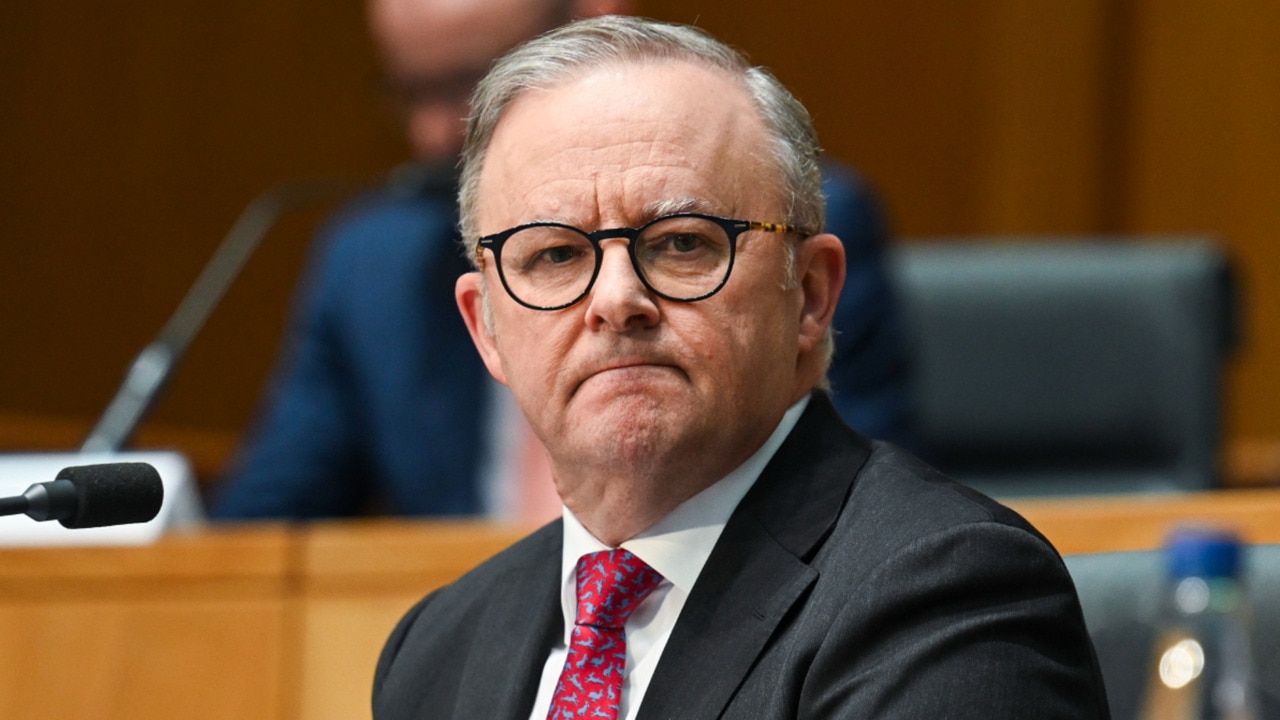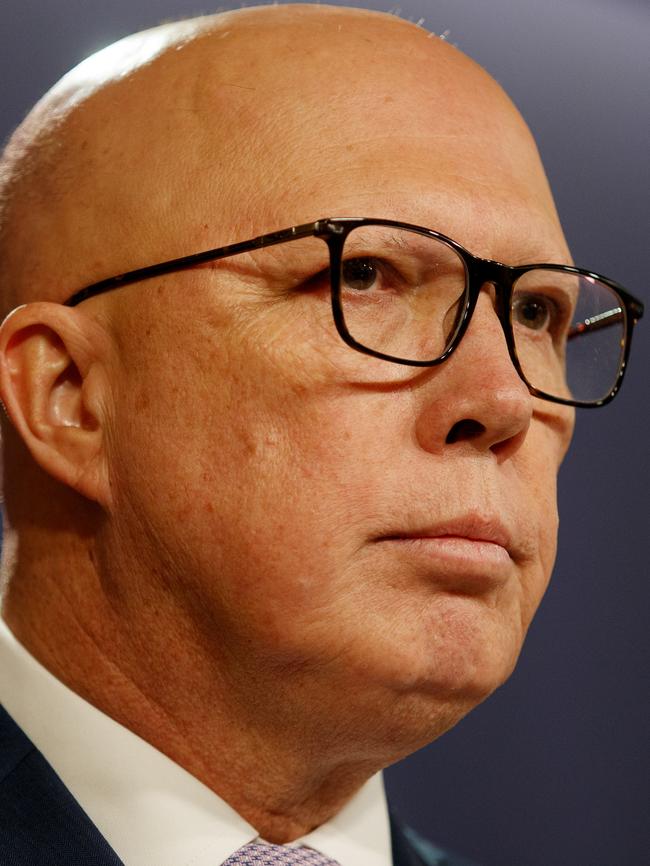Peter Dutton’s public-owned nuclear plants are smart on both the emissions and economic fronts


Working on the basis that low or zero emissions is priority No.1 for generating electricity, then the choice is straightforward: high-density, continuous and centralised power beats low-density, intermittent and decentralised power every time. In other words, nuclear beats RE.
Of course, it must be annoying for RE proponents, including all the rent-seekers and grifters who make a living out of government dictates and subsidies, that the nuclear industry can beat them at their own game, on a field they created. But that’s how the cookie is now crumbling.

The Albanese government unwisely dismissed the importance of the inclusion of nuclear power in the final agreement reached at the last COP climate conference held in the UAE.
Twenty countries formally called for a tripling of nuclear capacity by 2050, including the US, our partner in the AUKUS agreement with its nuclear submarines.
There is no doubt that Peter Dutton is being courageous in promoting the use of zero-emissions nuclear power as a central part of his election strategy. There will be a fierce campaign waged against it, including by those with strong commercial links to the RE industry. At the end of the day, however, nuclear is a much more sensible option to achieve zero-emissions electricity than RE is.
We can see this recognition emerging around the world: in the US, Canada, the UK and a number of European countries, including Finland. Korea has embarked on a successful program of constructing large-scale nuclear plants and China is building multiple plants across the country.
Having turned its back on nuclear, Japan is back in the game and France is investing to refresh and expand its nuclear industry.
The Albanese government will have a difficult argument convincing voters that it’s fine for these countries but not for us.
The reality is that modern nuclear plants operate under strict safety standards and if they are located at existing sites where coal plants have been sited, they carry the advantage of requiring very little additional investment in transmission.
They are also industrial sites that have offered high-paying jobs, often unionised, to the locals living in the area. Nuclear plants would similarly offer this advantage.

Dutton’s idea that the first nuclear plants here should be publicly funded and owned is sensible. It’s how the French nuclear plants were first constructed; it was also the case in other countries. This takes away the regulatory risk that private investment and ownership would entail.
Assuming that Labor hadn’t seen the light by that stage, it would simply be too uncertain for private investors to pony up the large amounts of capital needed to construct the plants. In time, the government can opt to sell down their stakes in the plants, but that would be a consideration for another time.
The reality is that the energy transition is basically in tatters. Investment in RE has stalled as various governments keep changing the rules. The options for storage and its cost are major impediments. It has come to a bizarre point where state governments are subsidising the continuation of coal-fired plants to achieve net zero – go figure. In the meantime, those living in rural and regional areas are understandably arcing up about the environmental damage that RE installations cause.
The nuclear debate is one we should have, and Dutton is showing remarkable pluck in initiating it. At least voters will be in no doubt what the Coalition stands for.






They say there is a silver lining in every cloud and so it is with the case that the renewable energy industry makes for nuclear power.